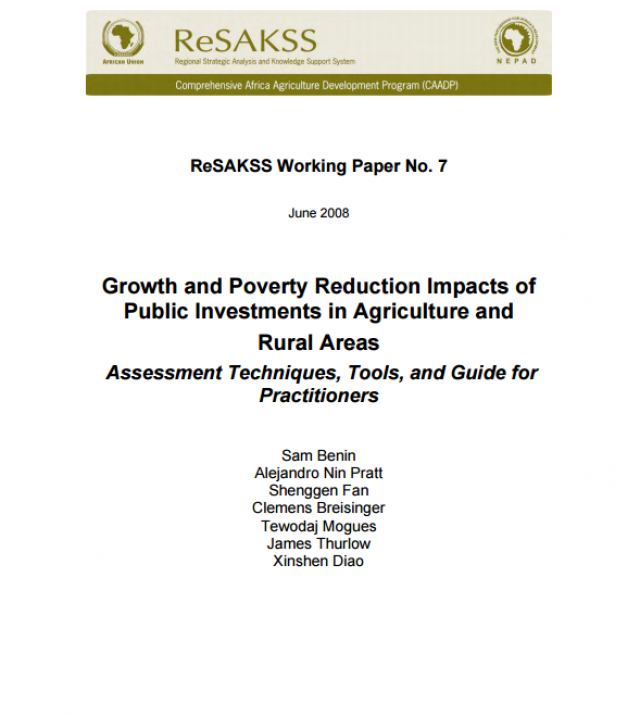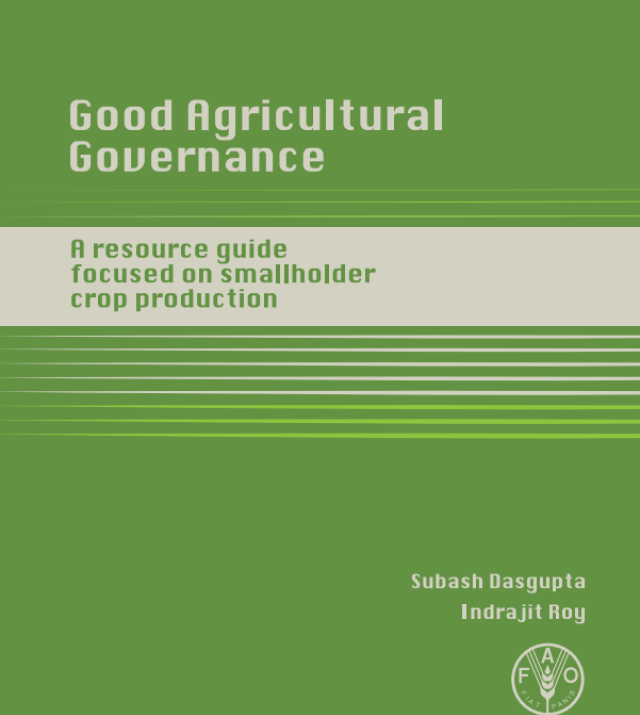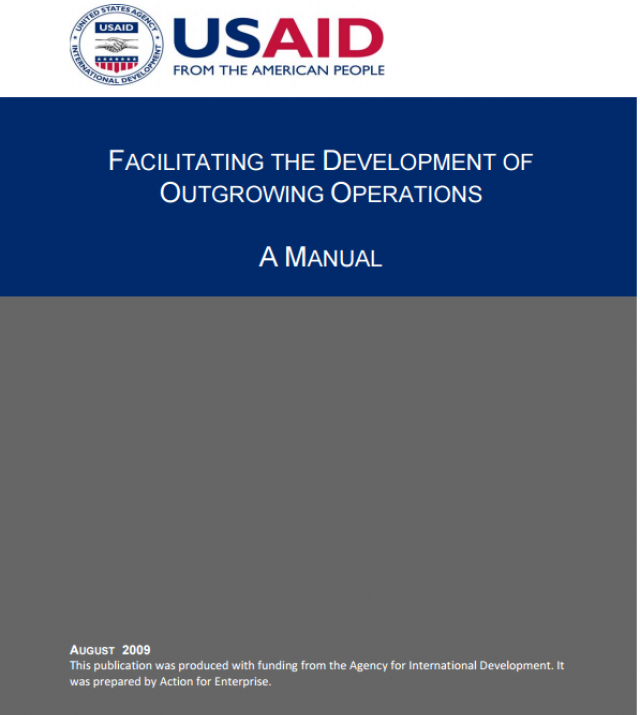
Governing the Oral Institution

The central hypothesis underpinning this paper is that much of the institutional fragility in poor villages results from a mismatch between oral and literate ways of managing collective information. Oral tools must be much more clearly understood -- and systematically applied -- if we are to really succeed in transferring the capacity to build institutions to rural villages.
‘Orality’ refers to the characteristic modes of thinking, speaking and managing information in societies where the technologies of literacy (especially writing and print) are unfamiliar to most of the population. It is a living domain where information is managed, decisions are made, trust earned (and lost) and legitimacy is conferred (see pp. 4-5). It is a profoundly different concept from 'illiteracy', and our failure to appreciate the difference has contributed to many poor practices in institution-building in developing countries.
Understanding orality does not mean supporting its perpetuation or romanticizing it. It means helping users of local institutions to learn and grow as leaders, as entrepreneurs and as agents in their own development even before they acquire literacy. The incentive to change increases, transaction by transaction, in ways that feel positive, practical and relevant to poor people’s needs.

